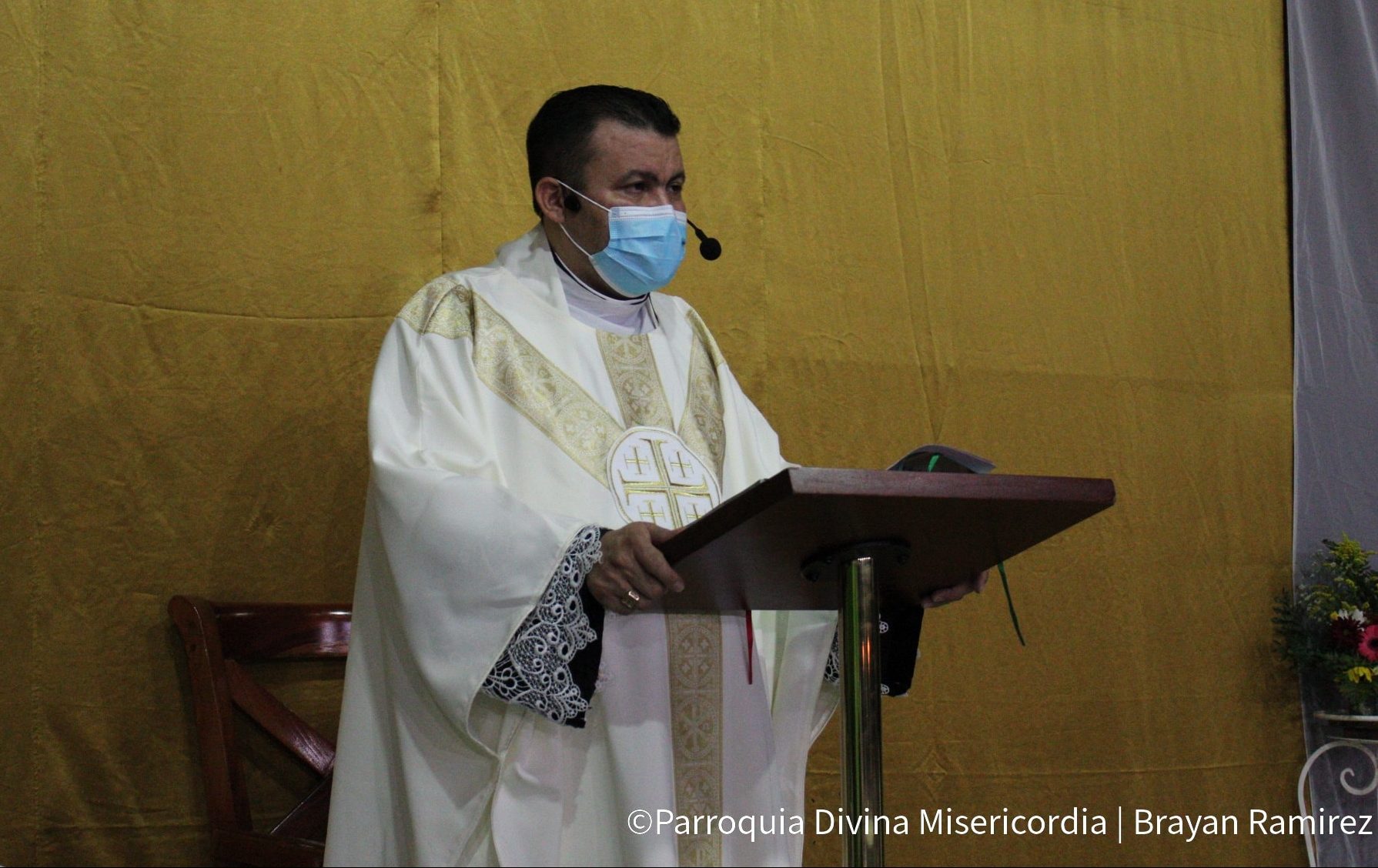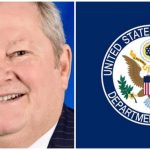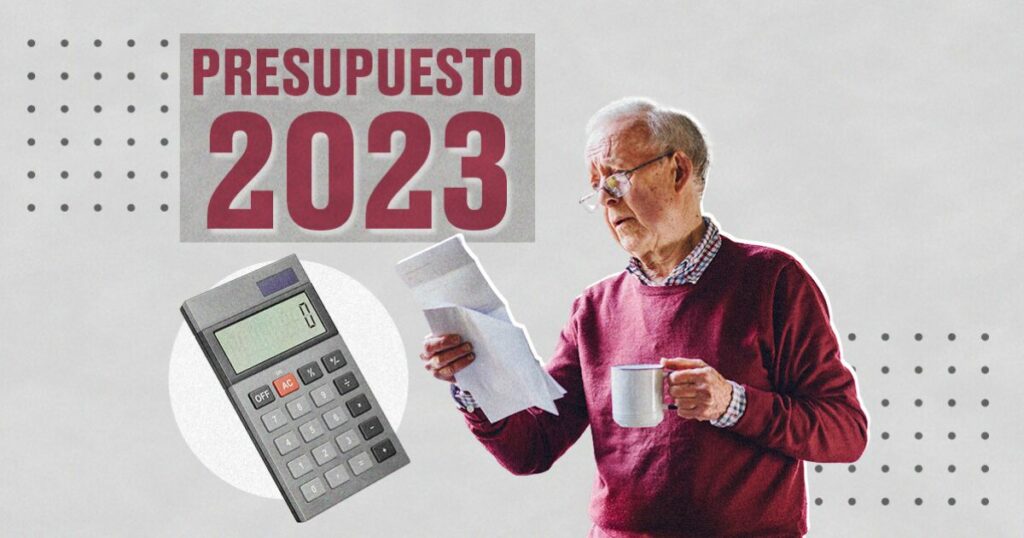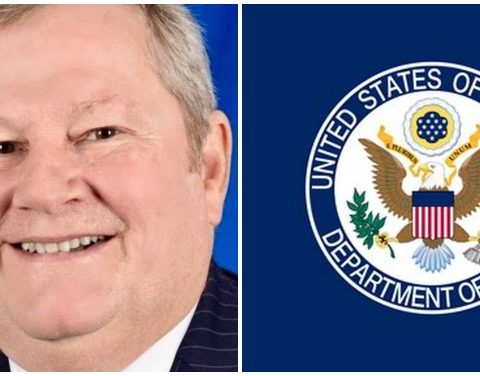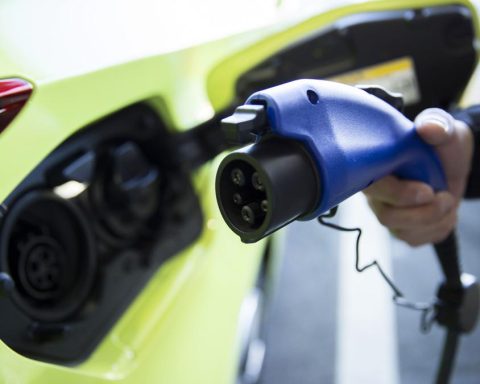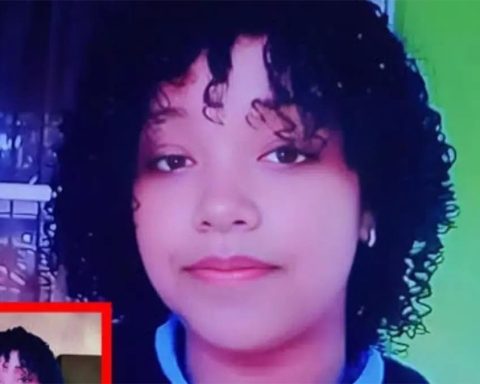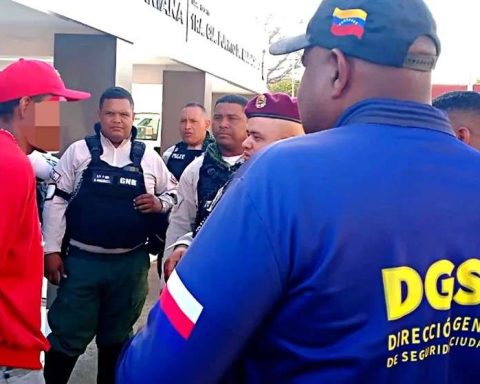The priest Uriel Vallejos, parish priest of the Jesús de la Divina Misericordia church in Sébaco, Matagalpa, left Nicaragua through villages, forced into exile to protect his freedom and physical integrity in the face of the dictatorship of Daniel Ortega and Rosario Murillo, who is leading a campaign against the critical voices of the Catholic Church and keeps dozens of priests imprisoned, among them the bishop of his Diocese, Rolando Álvarez, who is serving 23 days this Saturday under an illegal “investigation” “house by jail”.
From his exile, in an interview with the digital media CSI MosaicVallejos assures that the Catholic Church has no political interests and only seeks to “safeguard human life”, for that reason “it will never be on the side of those who murder, on the side of those who kill (…)”.
The priest recounted how he left Nicaragua through irregular migratory posts, after a police kidnapping of almost three days, locked up in the curate of his parish, consuming only water, bread and yogurt along with other parishioners.
On the morning of August 4, the Police transferred him to the Nuestra Señora de Fátima Interdiocesan Seminary, in Managua, and ordered him not to leave, revealed the priest, who believes that the intention of the agents was not only to confiscate the equipment of Radio Católica de Sébaco, but “take me prisoner to El Chipote”, a prison complex designated as a site of physical and psychological torture against political prisoners, and where four priests, two seminarians and a collaborator from the diocese of Matagalpa remain, kidnapped on August 19 along with the Bishop Rolando Alvarez.
The transfer of Vallejos, happened after the closure of a dozen Catholic radio stations belonging to the Diocese of Matagalpa. That was the beginning of an unprecedented escalation of attacks against the Catholic Church.
Vallejos denounced abuses of power before 2018
The priest assures that before the April 2018 Rebellion there were abuses of power that he himself was in charge of denouncing.
Being the national director of Cáritas Nicaragua, in 2014, he warned of the theft of medicines, on several occasions donations from the United States were withheld and losses of up to 18 million dollars in products were reported.
In an interview with Mosaico, he recalled that on one occasion, when they delivered beds to several hospitals, the Government wanted “not to reveal that this donation went directly from the Church to the hospitals. We did not see that as an impediment, because what we wanted to do was good, but that is where these consequences have come from,” she said.
With the social outbreak of 2018, the Church protected hundreds of protesters from state violence, carried out by police and paramilitaries, while denouncing the human rights violations that the population was being victimized.
In addition, the Episcopal Conference of Nicaragua agreed to mediate the first failed attempt at a National Dialogue to find a peaceful solution to the crisis and proposed a civic route to Ortega, who later described them as “coup plotters” and “terrorists” for allegedly being part of the failed coup d’état, as the government calls civic protests.
Vallejos argues that the Church “opened its doors for the wounded, for the dead, and we exposed our lives. I was one for the city of Sébaco, I was there in the middle of the conflicts to mediate”, said the ordained priest on September 17, 2011.
“The Church will be with the people who want life and it motivates us a lot to be with the suffering people, with the people who have been massacred, who are very wounded…”, he told Mosaico.
As priests, he affirms, they know firsthand the realities that communities experience, the “injustices” that the Government commits in state institutions, in the members, “because there are very good people, people who are there in an institution because they need the work , but there is a mistreatment of many people who adhere to their ideologies”.
“Since then we have been carrying this very difficult cross, and we have not left the people alone, we have accompanied them, we have exposed our lives, and now that these circumstances that we are experiencing, a frontal threat to the Church, are given. The Church will never shut her up, never,” the priest asserted.
Vallejos arrived in the Diocese of Matagalpa in 2016, as head of the San Juan Pablo II parish in Villa Chagüitillo, in Sébaco. He has been one of the critical voices within the Church, questioning the abuse of power, pointing out injustices and raising his voice to defend the most vulnerable. He did so in October 2019, when he confronted police officers who prevented the population from going to a food collection for political prisoners.
In the electoral context of 2021, Vallejos stated that the conditions for a free, fair, transparent, competitive and observed process did not exist.
“This November 7, my footprint will be as clean as my conscience because the opportunity to choose with equal opportunities was lost, where the competition was eliminated and some of them were put in opposition,” said the priest during one of his homilies. .
For the priest, the Government is not respecting the human rights of Nicaraguans. “They think that the country is a farm for them to be directing it, and to have all the people to their liking and whim and create laws that are unfairly being applied.” From his mandatory exile, he assures that it is evident “how bad they are -the Government- and the supporters also that there are, that they are sick…”, he said.
pray for the church
The exile of Father Vallejos was confirmed this Sunday, September 4, through a message on Twitter that he titled: “Goodbye, my Nicaragua.”
“I hope with hope that we will not leave Monsignor Rolando Álvarez alone, a bishop who has sacrificed himself for our country. It is the moment of unity. People are not negotiated because they are not things (…) Let us not settle for silence, survival and negotiations”, he reiterated.
Goodbye my Nicaragua! “It hurts to breathe in the front country” pic.twitter.com/mAGsPUZiBI
– Pbro Uriel Vallejos (@pbrourielv) September 4, 2022
On Tuesday, the priest shared a photograph with the Nicaraguan flag in the Basilica of Santa Clara in Assisi, Italy asking for the restoration of peace in Nicaragua.
“This morning I have made a pilgrimage to Assisi, land of peace and before the crucifix that spoke to Saint Francis saying: “Repair my Church”, I have put under the intercession of Saint Francis and Saint Clare of Assisi, the restoration of peace in our homeland,” the tweet reads.
Vallejos is one of four priests from the Diocese of Matagalpa who went into exile after the regime’s repressive actions against the Church. The other priests who left the country They are Vicente Martínez, Sebastián López and Mangel Hernández.
Among the dozen priests arrested, there are two convicted by Ortega justice. The first was the priest Manuel Garcia Rodriguez, accused of alleged violence against a woman, who later recanted and was also imprisoned by the regime. The second is Monsignor Leonardo Urbina, signaled for an alleged rape of a teenager.
In addition, the priest is a political prisoner Oscar Benavidez, of Mulukukú, who was ordered to “investigate” for a “phantom” crime, because it has not been specified, although the State describes itself as “victim and offended”.
They were joined by the priests in El Chipote: José Luis Díaz and Sadiel Eugarrios, first and second vicar of the San Pedro cathedral, respectively; Ramiro Tijerino, rector of the John Paul II University and in charge of the San Juan Bautista parish; Deacon Raúl González and seminarians Darvin Leyva and Melkin Sequeira.
